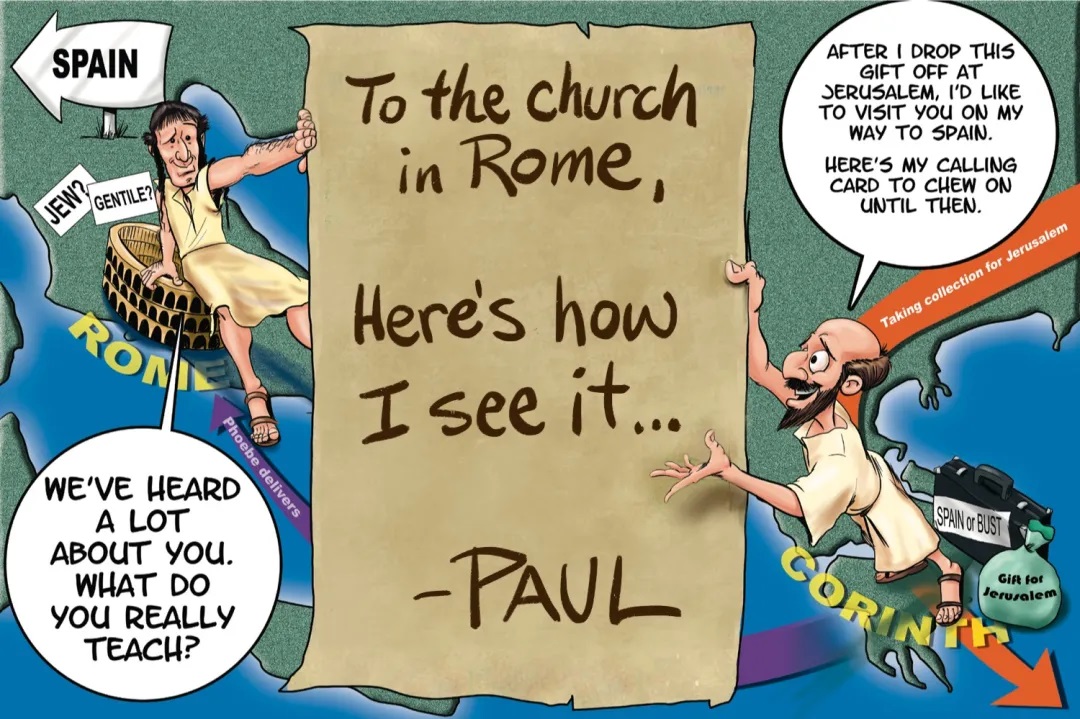Let me say this straight out. Right at the beginning of this reflection. I support the concept of nationalism. It is a dirty word these days. Nationalism is equated with Nazism. If you support your country you are often vilified as a far right wing terrorist. I don’t buy that. I am sure there are people out there who fit this description but I think when most people refer to being nationalist they are referring to a love of their country. The culture. The philosophy. The way of life that embodies the “soul” of the nation. It should not mean that you wish harm to other people from foreign lands. You just have a special place in your heart for your own country. And, to me, that is a good thing.
But I believe that our faith crosses national borders. Where we live should have little impact on what we believe…at least as Catholics. Catholic means universal. And that is one strong allure to our faith. That what a Catholic believes in the United States is the same as a Catholic in Russia or Australia or Norway. We are one. I don’t want to get into the potential implications on how the current synod on synodality may affect this foundation of the Church. But suffice it to say, it has me worried about the direction our Catholic Church may be taking in the next few years. But that is a discussion for another time.
In today’s first reading we see the early stages of this Catholic universality. Paul’s letter to the Romans. Chapter 16. Paul is actually writing this letter from Corinth just before the end of his third missionary journey. About 25 years after the Resurrection. Rome was a city in transition for Christians. They were being expelled by the Emperor. And the make up of the faithful was moving from being predominantly Jewish Christians to Gentile Christians. The influence of each was still present and there was also some debate as to whether salvation was more dependent on the traditional Jewish practices or on the Gospel messages carried by the Apostles through Paul and through Paul’s own revelations. The letter to the Romans overall was an exhortation as to the influence of faith on salvation versus the workings and adherence to the precepts of the law. He was also planning his next missionary journey (his goal was to take the Gospel message to Spain) and needed financial support from the established churches, with Rome being one.

Paul concludes the letter in chapter 16 by greeting and introducing a plethora of his followers, to the new Christians in Rome. What makes it interesting is that the individuals mentioned by Paul are a mixture of Jewish and Gentile names. He makes sure that those receiving his letter in Rome know what each of these individuals he names has accomplished in the name of Christ and the Gospel message. Regardless of their ancestral background. This group of “Gospel All Stars” are carrying the message across state lines. They are not Greek followers or Jewish followers or Samaritan followers of Christ. They are simply followers of Christ. The message of unity rings loud and clear as Paul finishes his message to the Church in Rome.
A message we sorely need to hear today. So be a proud citizen of America, of Italy, of India, Spain, France, Germany, etc. But remember that we are also members of one kingdom. One that exists here on earth but, ultimately, leads us to our eternal nation in heaven. And there it doesn’t matter what country, race, culture or ethnicity you are. Only where it is that your heart and soul reside.
